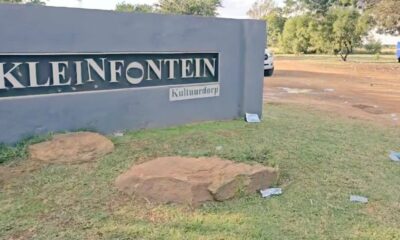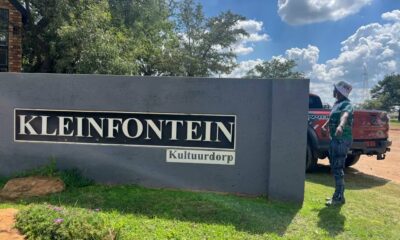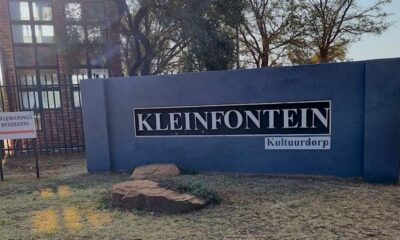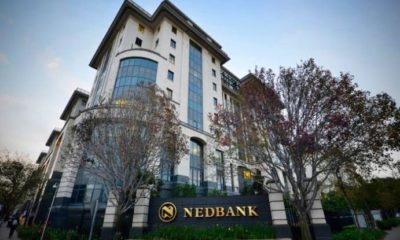News
Tshwane May Demolish Thousands of Illegal Luxury Homes in Zoning Crackdown
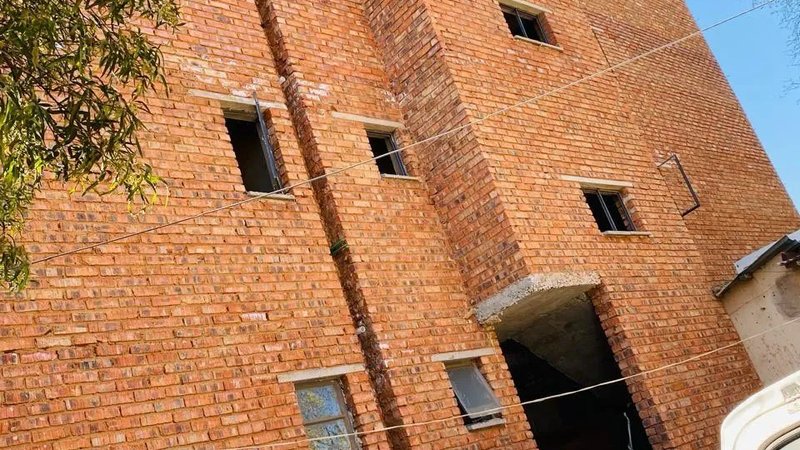
City mulls heavy action against rogue developers and landowners as 20,000 structures fall under scrutiny
In a dramatic turn for property owners across Tshwane, the city is considering demolishing over 10,000 luxury homes built illegally on land not zoned for residential use. These developments, some selling plots for up to R600,000, have mushroomed in areas like Leeuwfontein, Haakdoornboom and Mooikloof—often with no regard for zoning laws, basic services, or approved building plans.
A special sub-committee appointed by Mayor Dr Nasiphi Moya recently submitted its findings, revealing a ballooning crisis: nearly 20,000 structures across 17 developments have violated planning and land use laws. And for most of them, legalisation simply isn’t an option.
Why Is Demolition on the Table?
According to the committee’s June 18 report, seen by Moneyweb, many developments sit outside the urban edge, meaning they are not part of the city’s formal growth plans. Others lack access to basic infrastructure like water, sewage, and electricity. That makes regularisation impossible—or extremely costly.
Only nine of the 17 developments might be salvageable through regularisation. But even that depends on whether the cash-strapped municipality can install bulk services in time.
For the remaining developments, court-ordered demolitions or evictions could be on the cards. Once such an order is granted, the city is legally obligated to carry it out no discretion, no delay.
A Wake-Up Call for Property Owners
Neil Gopal, CEO of the South African Property Owners Association (Sapoa), welcomed the move, saying illegal developments erode investor confidence and disadvantage law-abiding residents.
“We are particularly alarmed at the normalisation of flouting development regulations,” Gopal warned.
In some cases, owners knowingly sold plots on agriculturally zoned land, promising future services that never materialised. In others, homeowners erected houses themselves without proper approvals. According to the report, penalties, increased property rates, and even criminal prosecution are now being pursued.
Inside the Controversial Cases
The case of Kleinfontein, a self-declared Afrikaner enclave north-east of Pretoria, stands out. With over 600 homes, a school, a shopping centre, and an old-age home, the community has operated largely outside city planning laws for years.
Following a court order in 2023, the city was forced to act. When Tshwane reclassified Kleinfontein’s land from “agricultural” to “non-permitted use,” its rates bill jumped from R5,230 to R126,148 in just one month. The board is now challenging the decision.
Still, the city says no formal township application is in process for Kleinfontein, only a dormant Development Facilitation Act (DFA) application from years ago.
Land Grab or Planning Breakdown?
What’s fuelling this surge in illegal building? Developers point fingers back at the metro. Dawie Malan, who developed Mooikloof Estates, says many reputable builders are abandoning Tshwane because getting approvals is “near impossible.”
“Established developers don’t want to trade here anymore. The metro is too obstructive,” he told Moneyweb.
With development approvals dragging for years, informal or grey-market building has become a booming business. Buyers desperate for land, especially those priced out of regulated areas, turn to these plots, often unaware of the risks.
What Happens Next?
The sub-committee is expected to present its proposals to the full council by the end of July. Among the six key options on the table are:
-
Court-ordered evictions or demolitions
-
Regularisation (if viable)
-
Compliance inspections
-
Increased rates for “non-permitted use”
-
Fines and penalties
-
Community engagement
Tshwane’s legal team is already pursuing demolition orders for several illegal structures. If granted, the city will be bound by law to act—even if the homes are occupied and worth millions.
What Property Owners Should Know
-
Illegal structures can be demolished without compensation if built in violation of town planning laws.
-
Rates can be adjusted retroactively for non-permitted use, potentially increasing bills by thousands.
-
Insurance coverage may be invalid for properties built without approved plans.
-
Prospective buyers must verify zoning, subdivision, and service availability before purchasing land.
As the City of Tshwane cracks down on rogue property development, a strong message is being sent: the era of looking the other way is over. The city may lack resources, but it’s showing that no mansion is too big to fall—especially when it’s built on shaky legal ground.
{Source: The Citizen}
Follow Joburg ETC on Facebook, Twitter , TikTok and Instagram
For more News in Johannesburg, visit joburgetc.com

